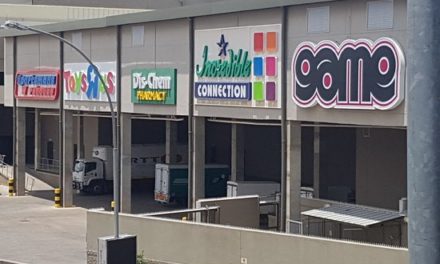
Corruption, the biggest Non Trade Barrier
Discussing non-trade barriers to agricultural products, Willemien Viljoen, a senior Researcher at the Trade Law Centre (tralac) in South Africa, said lessons from regional integration initiatives have shown that the reduction of tariffs have a limited impact on the enhancement of intra-regional trade.
Viljoen said countries are increasingly recognising that various other barriers contribute more than tariffs to low levels of intra-regional trade. These barriers can be overtly trade restricting by design or have a negative impact on trade through problems of inappropriate application. Due to the challenges these non-tariff barriers (NTBs) and trade facilitation issues pose to regional trade liberalisation and development some countries within southern and eastern Africa have identified the reduction of certain NTBs as a priority area of concern.
She however said that the existence of these trade barriers remains problematic with a prolific increase in NTBs like restrictive product standards, corruption, quantitative restrictions, import licensing requirements, costly and time-consuming product registration procedures and cumbersome and ineffective customs documentation and border procedures. Customs administration, problems with transit traffic and corruption appear to be the biggest NTB in the southern African region in terms of trade costs.
“These factors all have an impact on transport costs which increase the cost of exporting. Transport costs are higher in southern African than in most other regions; especially in landlocked countries where transport costs account for between 15 and 20 percent of total trade costs.
Said Viljoen, “any delay in the export process is generally more costly than for any other category of products due to perishability resulting in the loss of merchandise. NTBs in the agricultural and food sectors are of grave concern for many African countries due to the importance of this sector for economic growth, development and employment. Agricultural production and trade forms the basis for export earnings for many countries on the African continent.”
In 2014 South Africa exported agricultural products mainly to the Netherlands (8.63%), Namibia (7.94%), UK (7.12%), Botswana (6.73%) and Zimbabwe (6.19%). South Africa’s top five specific agricultural product exports for 2014 were oranges (HS 080510), grape wine (HS 220421), grapes (HS 080610), maize (HS 100590) and apples (HS 080810). These products accounted for 26.12 percent of South Africa’s total agricultural exports for the year.
“Due to the distance and increase in private standards in many traditional markets numerous South African agricultural exporters have expressed interest in increasing their footprint into African markets. However, the proliferation of NTBs are frustrating exporters; reducing their competitiveness and making it too costly to enter these markets and/or retain market share,” Viljoen noted.









































